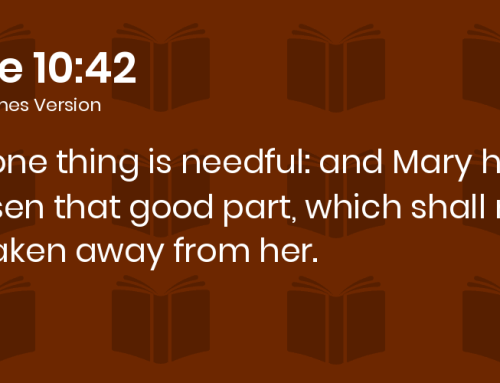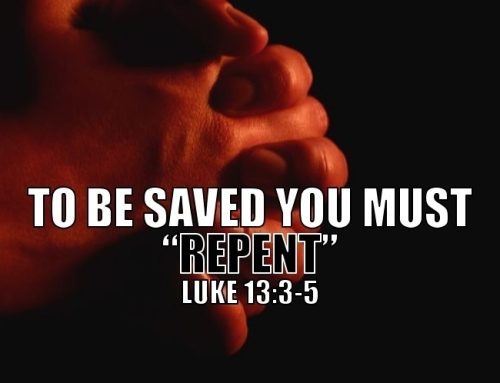A young man of status asked Jesus, “Good Teacher, what must I do to inherit eternal life?” Jesus answered with His own questions: “Why do you call Me good? Only God is truly good.” Jesus wanted to know: “Young man, do you see Me as good? Do you see Me for who I truly am – the God-Man who came to live in perfect goodness to save mankind?” Next, Jesus said to him, “You know the commandments: ‘You must not murder . . . commit adultery . . . steal . . . testify falsely . . . nor cheat anyone.’” It should have been a dead give-away to the man that he had failed to always be good – that he had fallen short of God’s standards and goodness. The young man had the perfect opportunity to reply, “You’re right, Jesus. I’m human, and I fail at keeping God’s good law, especially in my thoughts and attitudes. I need God’s forgiveness. I recognize that You are God the Son and that I need Your perfect goodness to save me.” BUT . . . that’s not how he responded. Instead he replied, “I’ve obeyed all these commandments since I was a child.” Jesus had used God’s laws to try to clarify that only God is truly good; the young man used the same thing to exalt his own goodness. He was so focused on and deceived by his own self-righteousness that the statement of Jesus about only God being truly good never registered with him. And yet, the fact that he had asked Jesus his question in the first place shows that he had nagging doubts. If all of us are honest, we must confess that doubts will forever plague us also if we are trusting in anything in ourselves or our own goodness to save us rather than in God’s goodness. God, who alone is truly good, is our only hope.





